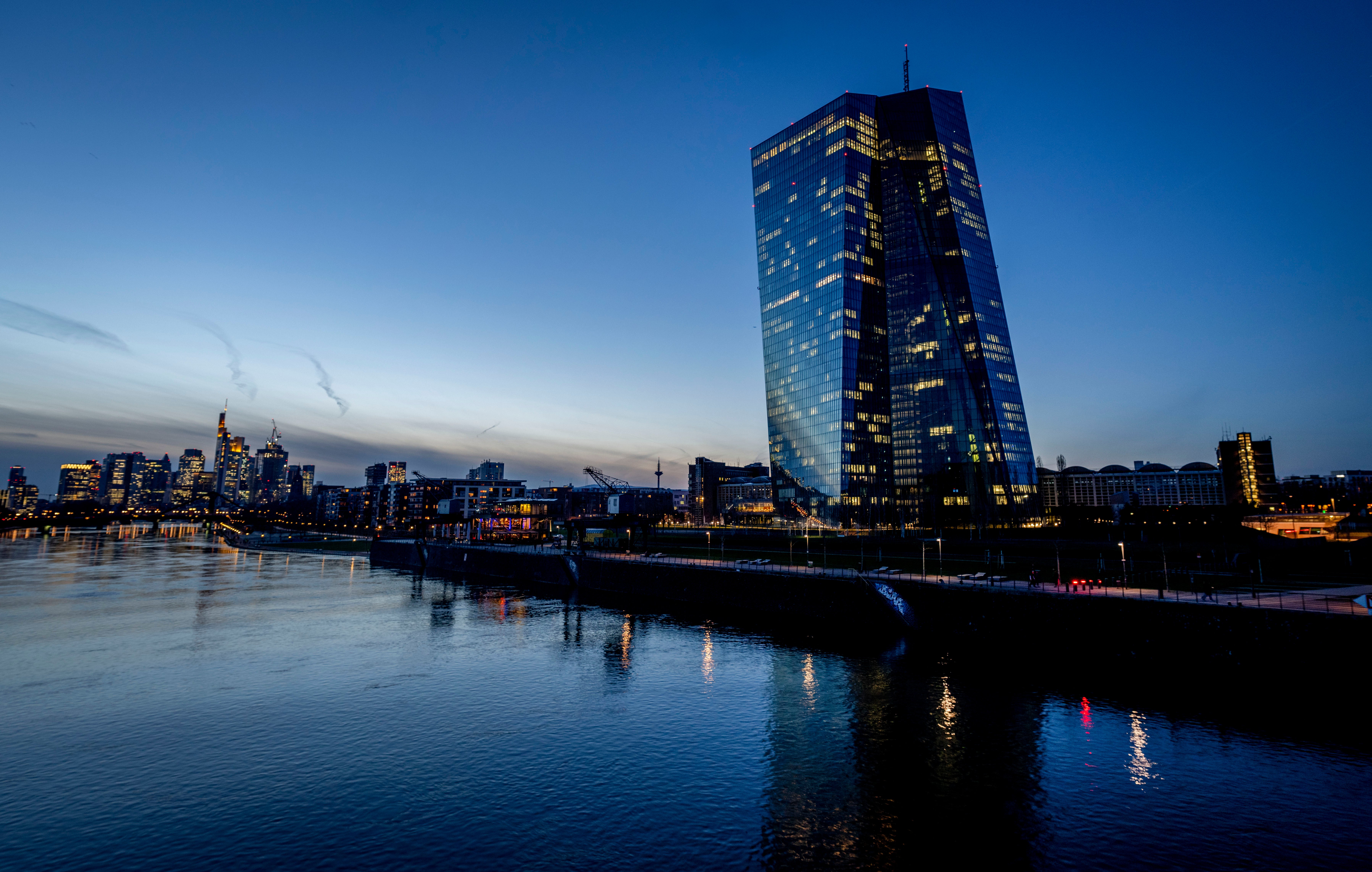Europe's inflation eases to 6.9% as energy falls but food up
Inflation in the 20 countries that use the euro slowed to 6.9% in March

Your support helps us to tell the story
From reproductive rights to climate change to Big Tech, The Independent is on the ground when the story is developing. Whether it's investigating the financials of Elon Musk's pro-Trump PAC or producing our latest documentary, 'The A Word', which shines a light on the American women fighting for reproductive rights, we know how important it is to parse out the facts from the messaging.
At such a critical moment in US history, we need reporters on the ground. Your donation allows us to keep sending journalists to speak to both sides of the story.
The Independent is trusted by Americans across the entire political spectrum. And unlike many other quality news outlets, we choose not to lock Americans out of our reporting and analysis with paywalls. We believe quality journalism should be available to everyone, paid for by those who can afford it.
Your support makes all the difference.Inflation in the 20 countries that use the euro currency slowed to 6.9% in March, the lowest level in a year, with food costs still on the rise while energy prices fell, making a sharp turnaround after months of punishing increases.
Consumer prices in the eurozone dropped from the 8.5% recorded in February, according to data released Friday by the European Union’s statistics agency, Eurostat.
The inflation has dropped to its lowest level in a year since since peaking at 10.6% in October.
But prices for food, alcohol and tobacco rose by a painful 15.4%, faster than the previous month's 15%, in a sign that European consumers are still getting squeezed.
Energy prices, however, fell 0.9% — an abrupt change of direction after rising at double-digit rates over the past year.
Russia's war in Ukraine pushed up prices for natural gas used to heat homes and generate electricity, fueling overall inflation, but the latest reading indicates that a mild winter and European efforts to store and source gas from sources outside Russia have paid off.
So-called core inflation, which excludes volatile food and energy prices, increased slightly to 5.7% from 5.6% the previous month. That number can give a better sense of whether inflation is becoming entrenched into the economy over the longer term.